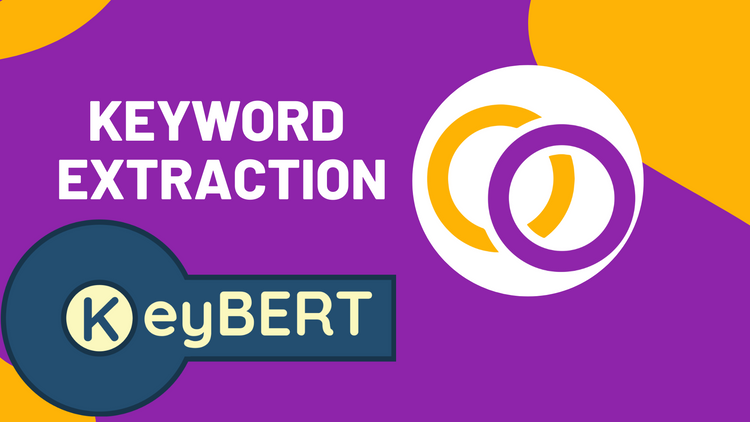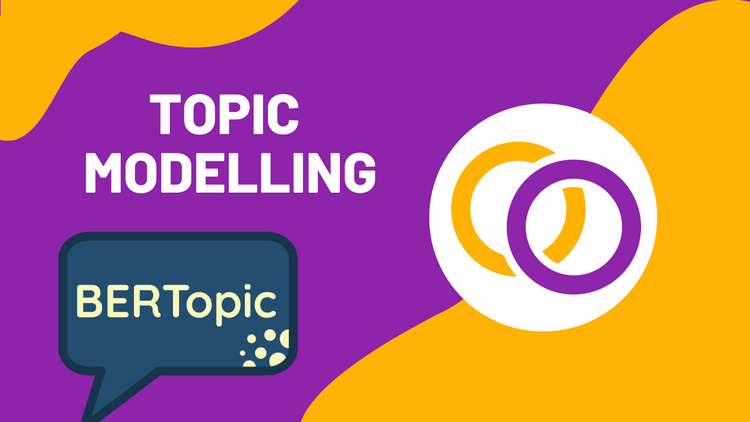PDF to HTML Scientific Paper Converter

It's important that everyone, regardless of their disabilities, has the potential to read research papers. And despite PDF files being known for being inaccessible they are a standard way to distribute research within academia. So, the Semantic Scholar Team over at the Allen Institute for AI (A12) just released a prototype that converts scientific papers to HTML. This will not only help those with disabilities, but also help increase the overall distribution of academic research.
Advantages of HTML
Below are a few of the top reasons why researchers should publish their content in HTML.
- Accessibility: most web browsers have accessibility features built-in. For example, the visually impaired can adjust the text size, colour and contrast.
- Distribution: this tool will allow researchers to easily create web pages to display their work. Of course, this would result in their research being more discoverable by search engines.
- Display: reading PDFs on small screens can be difficult – even for those without disabilities. It requires zooming in and then scrolling in all directions to read the file. In comparison, a typical web page adjusts correctly to the size of your phone to ensure the text can be read without zooming, and only scrolling up and down is required.
Usage
You can use A12 new tool by heading over to this URL. In addition to accepting PDF files, it also takes LaTeX and JATS XML files. After submitting a file, it will generate a web page that contains the contents of the paper. They also added three additional modes called "dyslexic friendly, "focus," and "extra large" that you can toggle at the top of the page. You can visit this web page for example outputs.
Conclusion
And that's it! Thank you A12 for creating a tool that will help increase the distribution of scientific research while promoting accessibility. I'm sure in the future we'll see more researchers publishing web pages for their papers. Stay happy everyone!
Subscribe to my YouTube channel for an upcoming video related to this article. Also, visit it if you're interested in learning how to use NLP Transformer models.
Subscribe to my mailing list for new articles.
Book a Call
We may be able to help you or your company with your next NLP project. Feel free to book a free 15 minute call with us.





